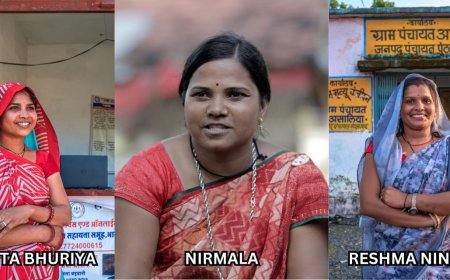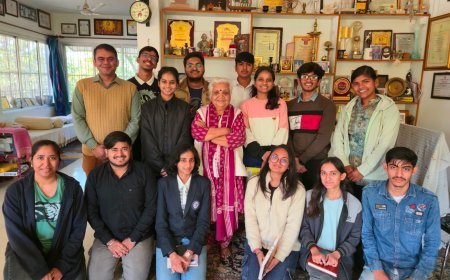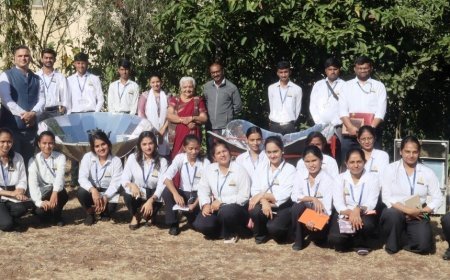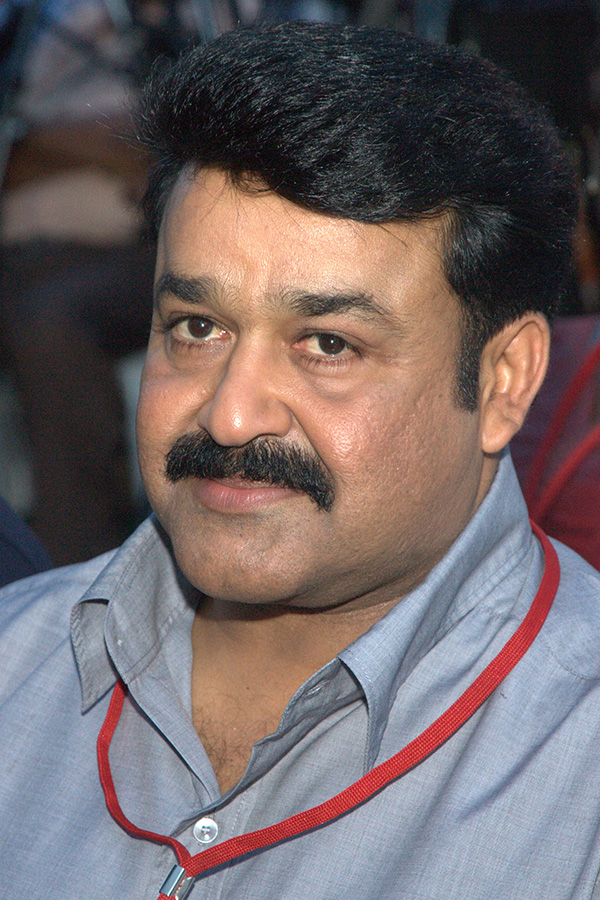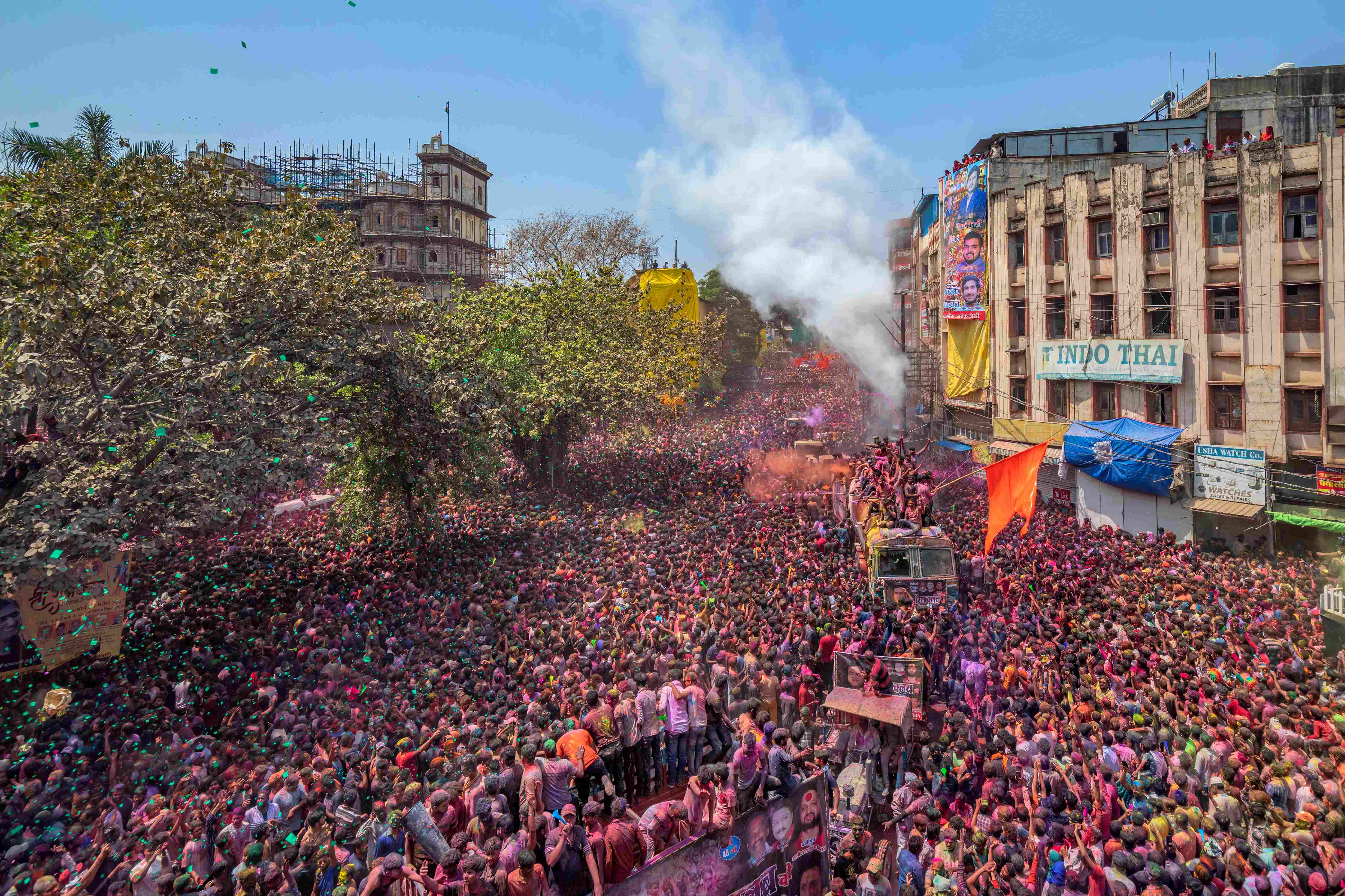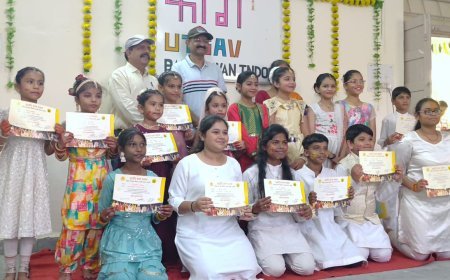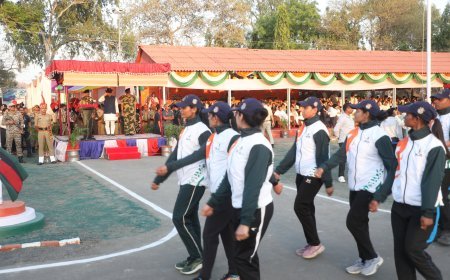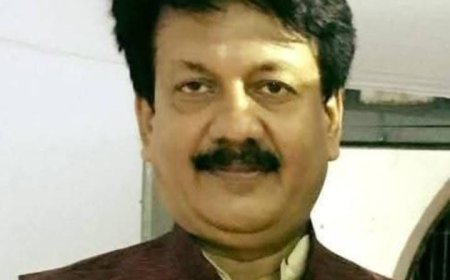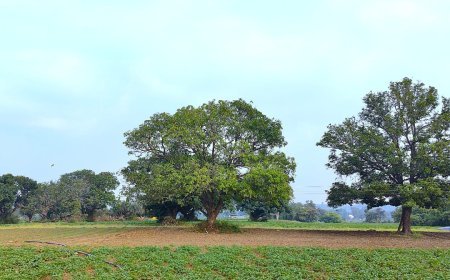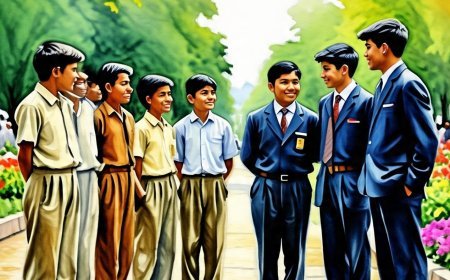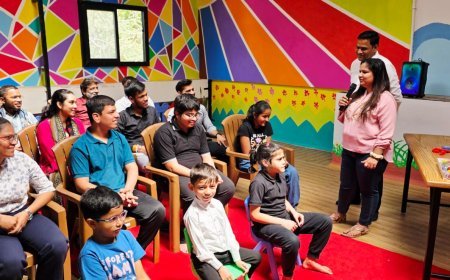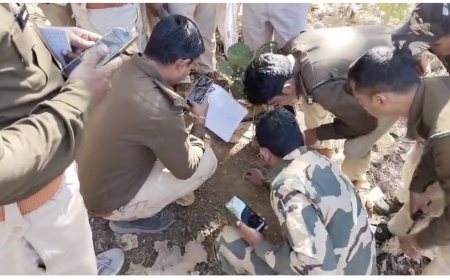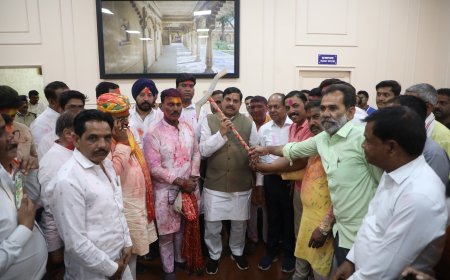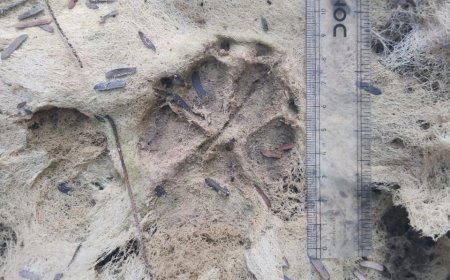Janak Palta McGilligan Marks 40th Rakhi by Planting 60 Trees in Sanawadiya Village
Janak Palta McGilligan marks her 40th Rakshabandhan with a special tree-planting event in Sanawadiya village, planting 60 saplings to promote environmental sustainability and inspire community action.

Janak Palta McGilligan, affectionately known as Janak Didi, celebrated her 40th Rakshabandhan by planting 60 tree saplings, continuing a unique eco-friendly tradition she began four decades ago.
On June 1, 1985, Janak Didi left Chandigarh to establish an institute for tribal girls as a Baha'i pioneer. That year, she planted the first trees on Rakshabandhan at her new institute’s land. This year, the celebration took place on Dutni Hill, behind her home in Sanawadiya village, where 60 saplings including Karanj, Sheesham, Neem, Peepal, and Banyan trees were planted by environmental enthusiasts, families, youth, and children.
The event began with a conch blowing ceremony by cardiologist Dr. Bharat Rawat, followed by prayers led by Janak Didi, Priya Sharma, and Dr. Prakash Kaushal. Participants then collectively sang bhajans, reinforcing the spiritual connection to nature.
Janak Didi shared the story of how the tree-planting tradition began with her Rakhi brother Rajendra Ochani of Indore. In 1985, Rajendra, who had no sister, asked Janak Didi to tie a Rakhi to him before the festival, symbolizing their bond. When his wife Jyoti Bhabhi asked if Janak preferred a suit or saree as a gift, Didi replied, “Suit will go, saree will go, brother and sister will go too, but I love trees—let’s plant them on Rakhi.” This inspired the planting of trees at the Barli Development Institute for Rural Women, a tradition that continued for 25 years.
Since retiring and moving to Sanawadiya, Janak Didi has kept this eco-friendly Rakhi tradition alive since 2011, inspiring the younger generation. Local community members, including Dr. Pouranik, who celebrated his 70th birthday by planting 70 trees, and interns like Nilesh Chauhan and Pooja from Jabalpur, actively participate in greening the hill.
Special recognition goes to Ambrish Kela, known as the “Green Hero,” for tirelessly watering and nurturing the hill’s trees over the past decade.
This year’s Rakhi tree-planting event gathered diverse participants—from children and farmers to doctors, teachers, engineers, and social workers—highlighting strong community involvement in environmental conservation.
Dr. Bharat Rawat also distributed jute bags to promote zero-waste Rakhi celebrations, reinforcing the event’s sustainable ethos.
Janak Didi emphasized the importance of living in harmony with nature to combat climate change and foster a greener future. She called on people worldwide to adopt sustainable practices in festivals and daily life.
Key participants included Rajendra and Jyoti Ochani, Ambrish Kela, Dr. Bharat Rawat, Dr. Neerja Puranik, ASP Manisha Pathak, social workers, village officials, and many enthusiastic youth and families who planted saplings with dedication.
This inspiring event is a testament to how traditional festivals can be celebrated in an eco-friendly way, ensuring a healthier planet for future generations.
